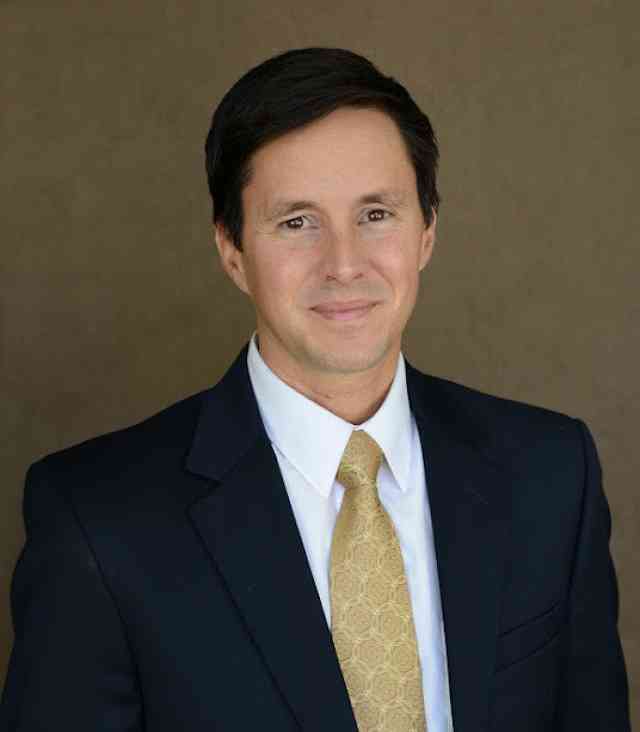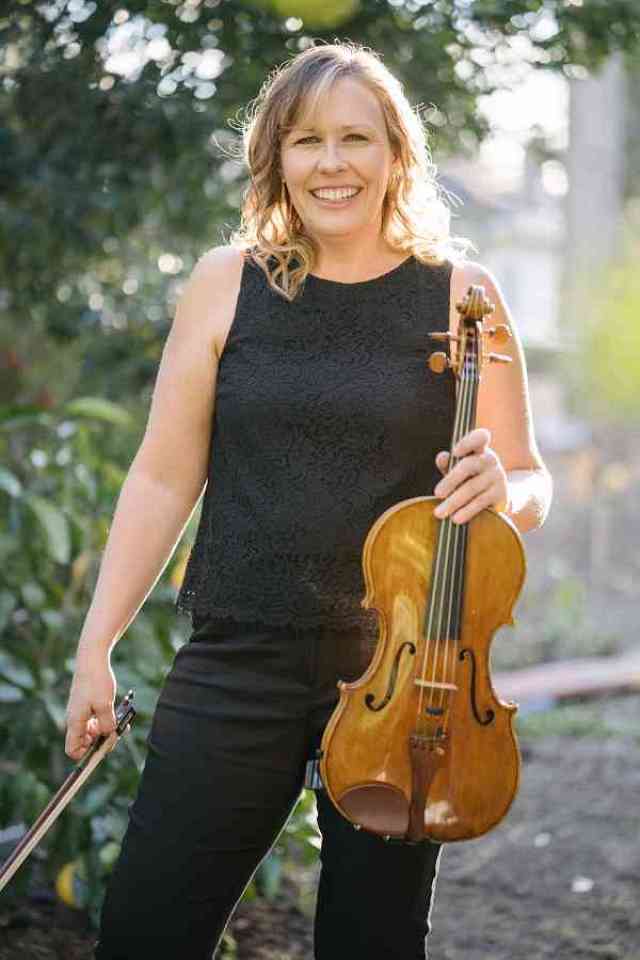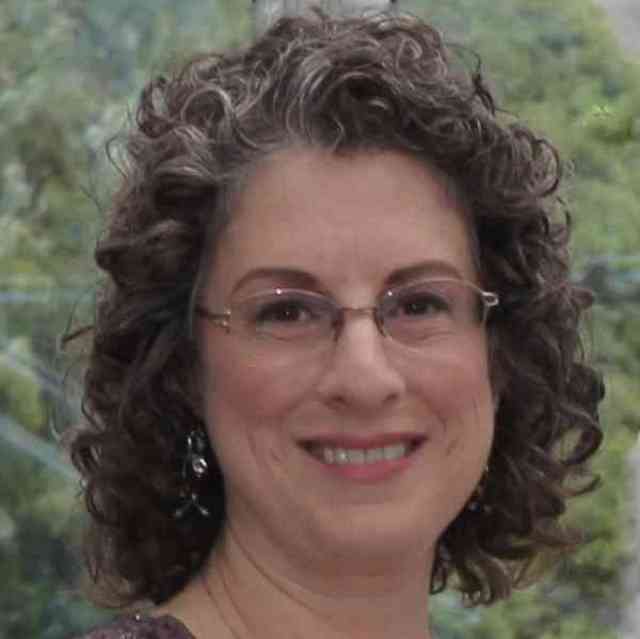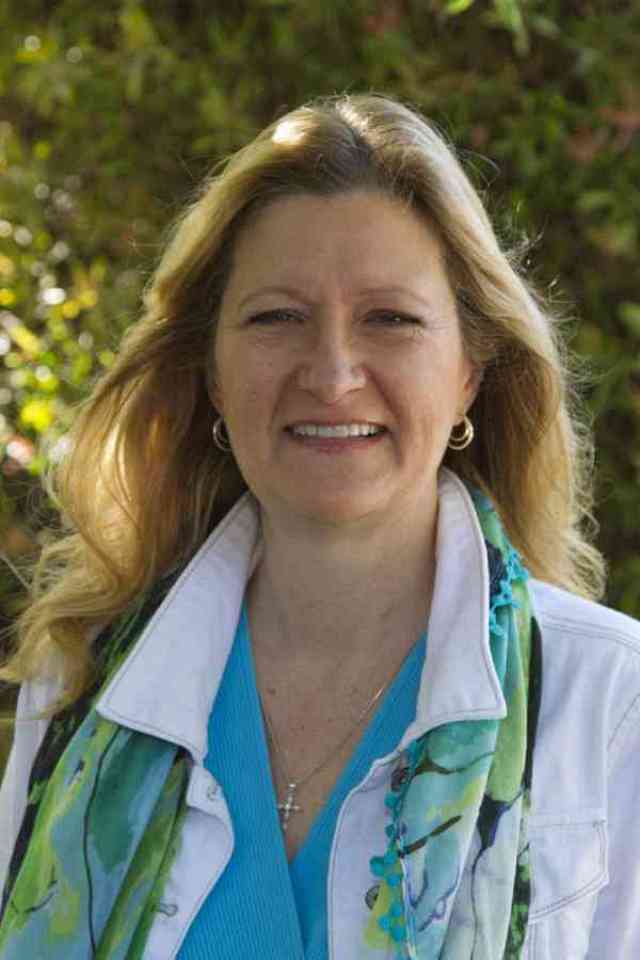The Nominating Committee of the Board of Directors
Nominating Committee Members:
Edmund Sprunger, Bruce Walker, Ellen Kogut (ex-officio), Angelica Cortez (ex-officio), Kerri Williams, Chair.
The Nominating Committee is responsible for recommending new Board members through a process of advertising and receiving nominations/applications for Board service. The intention is to secure volunteers with expertise that will compliment the needs for projected Board projects and goals. Board Directors are to serve for a minimum of three years unless they become unable to serve or their assignment requires an extension. According to current by-laws, the minimum number of voting Board Directors is eight. The Board consists of Directors elected by majority vote of the voting members from the nominees presented by the Nominating Committee and approved by the Board. In special circumstances, Directors may be appointed according to the functional needs of governance.
We end the current fiscal year with the following Directors:
- Ellen Kogut, Chair (term ends July 31st, 2023)
- Kerri Williams, Chair-Elect (term ends July 31st, 2025)
- Ching-Yi Lin, Secretary (first term ends July 31st, 2024)
- Mary Halverson Waldo (second term ends July 31st, 2022)
- Michelle Diggs (first term ends November 30, 2023)
- Bruce Walker (first term ends November 30, 2023)
- Edmund Sprunger (first term ends July 31st, 2024)
- Leslie Mizrahi (first term ends January 31st, 2025)
- Andrea Raza (first term ends May 31st, 2025)
Board of Directors 2022-2023
We acknowledge the service in this fiscal year of former Board members Trina Carey Hodgeson, MaryLou Roberts, Daniel de Lima, Sayeda Ahmed, and Tamara Gonzalez.
Two of the current Board members will be completing Board service at the end of this fiscal year. The Board thanks Mary Halverson Waldo at the completion of her term for her invaluable years of service, and wishes her well on her new endeavors. The Board thanks Michelle Diggs for her invaluable service, and congratulates her on her professional advancement as the Co-Chair of the 3M Black Leadership Advancement Committee, although it will effectively end her SAA Board service. Both Mary and Michelle were Co-Chairs of the Search Committee.
Annual Election. We recently completed our Board election cycle. There were two positions on the Board of Directors that needed to be replaced. The application process was open to all members who applied or were nominated for Board service. All candidates went through the standard application process that has been in place since 2020. This includes submission of a written (now electronic) application form and CV, as well as a recorded interview. All SAA members were invited to vote electronically from July 13-20. The SAA office received a total of 309 ballots.
Executive Director Angelica Cortez has noted the integrity of the voting process, in that votes were counted in Microsoft Excel and confirmed by two SAA staff members. No Board member saw the votes, in order to protect the identity of members/voters.
From a field of highly qualified applicants and nominees, we welcome election winners April Losey and Nancy Modell and appointees Senator Kirk Cullimore (areas of specialty: legal and fundraising) and Lynne Oliverius (areas of specialty: non-profit development and fundraising) to standard three-year term Board service. Please consult the SAA website for their detailed background information. Their terms begin August 1, 2022.
We are grateful for the balance, thoughtful leadership and perspectives our Board members bring. Our goal as a Board is inclusiveness, and growth in giving voice to the various aspects of this music education represented by this organization.
Read bios for each board member at this link, or read more below!

Kirk Cullimore
Kirk Cullimore graduated from Utah Valley University in 1997 with an A.A. in Music. He completed his undergraduate degree at Brigham Young University in 2000 with a Bachelor of Arts in Music. He taught and played music professionally for six years including teaching private lessons, leading youth ensemble groups at local music schools, and started his own music studio. Kirk went on to receive a Juris Doctorate from the University of Oklahoma College of Law in 2008. Following law school, he practices in the areas of general business and contract law, Native American law, fair housing and property rights. Kirk served on the executive board of the Utah Apartment Association and served as its government affairs chair for several years. Kirk was elected to the Utah State Senate in 2018. In the state senate, Kirk chaired the Infrastructure and General Government Sub-appropriation committee from 2019-2020. In 2020, Kirk was elected as the Senate Majority Assistant Whip by his senate colleagues and continues to serve in that leadership position as well as on several legislative committees and commissions. Kirk continues to dedicate time to music and education as the Chairman of the Board for the Intermountain Suzuki String Institute, on the Canyons School Board Joint Educators Evaluation Committee, as the former Brookwood Elementary School Community Council Co-Chair, as a member of the UVU Arts Resources Council, and enjoys serving on the UVU Alumni Board. Kirk was recently appointed and confirmed to the board of the Salt Lake Regional Medical Center hospital. Kirk is married to Heather Cullimore; they have 6 children that are all actively involved in music, sports and academics.

April Losey
I am deeply committed to developing the Suzuki community throughout the Americas. In my roles as Suzuki institute director, founding member of the institute leadership team, teacher trainer, teacher, and—most importantly—parent to a 4-year-old Suzuki cellist, I believe that I am well-positioned to serve as an advocate for the many perspectives that allow Suzuki education to thrive. My experience as a professional orchestral musician and a college instructor provides opportunities for me to engage with colleagues beyond the Suzuki community. My background in public relations informs my ability to contribute to the board on the impact that decisions will have on different communities, which is vital for supporting inclusivity and accessibility within the organization. Having grown up as a Suzuki student in rural Canada and currently living outside of Los Angeles, I have experienced Suzuki education in both rural and suburban contexts. As a member of the SAA board, I will work diligently to represent all of the Americas, bringing my
experience to the endeavor of sharing and promoting the Suzuki philosophy through community-building and engagement. I am excited about the opportunity to contribute to the strategic vision and organizational leadership of the SAA as we strive toward developing an ever more vibrant and equitable Suzuki community throughout the Americas.

Nancy Modell
Nancy Modell, a graduate of Ithaca College School of Music in both piano performance and education, studied the Suzuki approach with Sanford Reuning, Carole Bigler, and Valery Lloyd-Watts. Nancy pioneered the Suzuki Piano method in Israel in the 1980s where she taught students and trained local piano teachers in Jerusalem. Since 1992 she has been teaching in Springfield, NJ, inspiring students to reach their potential through innovative learning opportunities, including original composition, music events, and musical field trips. Nancy studies ways to employ the Taubman Approach to enhance Suzuki Piano Pedagogy. She has explored ways to introduce composition to students of all levels and has presented her approach at various teachers’ forums, including the SAA, the 1era Convención Suzuki de las Américas, The Taubman Festival, NJMEA, and NAfME. She has trained piano teachers at institutes, college courses, and privately, and frequently teaches ECC!. She is the Piano Coordinator and Teacher Enrichment Advisor for the New Jersey Suzuki Workshop, Chair of both the Piano Teachers Forum of NJ’s Composer Showcase and the Music Educators Association of NJ’s Composer Corner, and a past President of the MEA-NJ.

Lynne Oliverius
Lynne has a deep commitment to the Suzuki method as is evidenced in her 40 years of joyfully raising up musicians of all ages. She currently maintains a studio of 35 students, directs two orchestras at the local Waldorf School and performs with her group Encore Strings as well as in area orchestras. Experienced as a non-profit development director and grant writer, Lynne has guided organizations in their quest to build stronger connections with community, advance awareness and create funding streams. She has led boards through transitional times as well as times of stability and managed growth and been the “feet on the ground” person in the area of development, ready with ideas and the will to see them implemented while working in concert with others to complete the task. Lynne served as the development director for these organizations on the central coast of California—Civic Ballet, Canzona Vocal Ensemble and the Youth Arts Foundation. In Illinois she founded and directed development in her three Suzuki music schools (300 students per week and 8 staff) and the youth symphony as well as procuring grants for several elementary schools. Her grant writing has secured funding for arts organizations through the following successful grants—Fender Music Foundation, PRG Corporation-Los Angeles, Lutheran Women’s Missionary League, Central Coast Wine Classic, Windward Winery, Central Coast Funds for Children, Loews, Wal-Mart, Rotary Club, Knights of Columbus, Midwest Fine Arts Grants, Target, Illinois Power, matching grants and servant grants. She was the director of the Sylvan Learning Center, Peru, Il and secured grants for the reading and testing programs. Board appointments have included president of Symphony of the Vines, leading them from steering committee to complete 501c3, CASA vice president (court appointed special advocates), United Way, Carnegie Library Board and Canzona Ensemble. She chaired the vendor booths and displays at the 1992 SAA National Conference recruiting, contracting and organizing the participants. Lynne has been involved with the Suzuki movement since its inception here in the United States. The Talent Education tour group from Japan came to Pekin, Illinois in 1976 when she was in high school and several performers and chaperones stayed in the family home. She attended workshops with Bill Starr and John Kendall and was the first teacher trained in a 4 year program at Western Illinois University under Dr. Tanya Carey and Almita Vamos. Lynne served as assistant to Dr. Carey and traveled to Germany for the International Conference to work with Dr. Suzuki and Vaclav Adamira. In the initial Suzuki organizational years she wrote articles for the SAA journals and documents on business practices for the teacher trainer packets. She was a workshop clinician and a speaker at SAA conferences and named a Shar Distinguished Young Teacher and Business and Professional Women’s Organization Young Careerist. Her education includes a Masters of Arts Leadership 2008 from the University of Illinois, Springfield, IL, and a Bachelor of Arts Liberal Arts and Sciences, Music Education Business 1981 from Western Illinois University, Macomb, IL. Lynne has honored the rich history of the Suzuki Association of the Americas from its beginning in the United States and is so proud to have been an active participant. She anticipates a time of renewed energy and unique creative growth as we strive to send our message of good hearts and kind people throughout the world. Music and our instruments are the vehicles we use to convey this message and we have so much to share with others.
SAA Board Representative for the International Suzuki Association
Kay Collier McLaughlin
Kay Collier McLaughlin, PhD is an author, motivational speaker and leadership consultant whose passion for building bridges to save the world was born in her life as a Suzuki Talent Education Parent and Teacher….and her formative teen years with the Central Kentucky Youth Orchestra. It was as Chair person of the 1967 20th anniversary of that Youth Orchestra, that Kay Collier Slone (as she was known at that time) , Music Reviewer for The Lexington Leader and pre-scho0l music teacher and her committee scheduled a workshop with returning conductors entitled “What About Suzuki?”. Dr. Marvin Rabin , Founder and Diriector of both the Greater Boston Youth Symphony and Wisconsin Youth Symphony, modeled after his years as conductor of the CKYSO, led the session, and invited Collier Slone to bring her two young children to the Univerrsity of Wisconsin the following summer (1968) to be in a demonstration group for Dr. Shinichi Suzuki who was presenting four workshops across the United States that summer to introduce the Suzuki method to American string teachers. Attending as parent, music reviewer and pre-school music teacher with a secondary background in violin (University of Kentucky 1961) Collier Slone, whose major instruments were French Horn and Piano, asked the pedagogue to send a Japanese teacher to Kentucky to help start a program in Lexington. Suzuki Sensei’s response that she must begin the program herself led her to the founding of the Lexington Talent Education Association
and the beginning of a career as a teacher, teacher trainer, parent educator and board member. At the UW Suzuki workshops in both 1968 and 1969, Collier Slone met Margery Aber, whose violin classes were demonstration examples of already established Suzuki programs. When Aber founded the American Suzuki Institute, she called on Collier Slone to develop a program for parent education. Collier Slone was a participant in the discussions at those early ASi’s which led to the birth of the Suzuki Association of the Americas, and the establishment of the first teacher training summer courses. She
developed early1A violin teacher training materials, which evolved into the book They’re Rarely Too Young and Never Too Old to ‘Twinkle’: teaching insights into the world of beginning Suzuki violin, widely used in teacher training and released in special requested edition by SHAR publishers in 2020. She has served as teacher and teacher trainer in workshops and institutes across the United States and in Australia, Germany, Canada, Japan and Canada. She was recipient of the Suzuki Chair Award at Stevens Point, served on the SAA Board and as a columnist for the American Suzuki Journal. She counts multiple trips to Japan to study with Suzuki Sensei as figural in both her development and her understanding of the philosophy and pedagogy. Her two daughters both gave graduation recitals at the completion of the 10 Suzuki books. Her older daughter, Diane Slone, graduated from the Talent Education Institute in
Matsumoto, and currently heads a Suzuki Music School in Hong Kong. As years passed, Collier Slone recognized changes in the culture and world which
concerned her. In particular, she noted the increasing stresses in families, and the world, and resultant behaviors. She returned to graduate school to pursue a Doctorate in Psychology to extend the resources she was able to offer students and families. Her doctoral thesis Psychological Insights Into an Alternative Form of Humanistic Education involved a longitudinal study of former Suzuki violin students who were reflecting on the impact of long term study using the Suzuki method from elementary through high school years. She was invited to preent her research at the national
Suzuki Conference in Chicago, and to present a demonstration session on the 1A course. Responsive programming to what she was seeing in the world led Collier Slone to over a decade of work in various systems needing her sub-specialties of group and organizational development, bereavement, and life transitions. During this period she authored five books and started her consuting firm TRANSFORMATIVE LEADERSHIP CONSULTING. Her work in transitions and her sixth book, Talking Together: getting past polarization through civil dialogue brought her current work to the attention of the SAA, and Dr. Collier McLaughin (name suce 2001) was invited to speak at the leadership retreat on “Building Bridges”. Subsequently, she as asked to keynote the Minneapolis Conference, to lead the SAA board retreat, to work with institute directors, and was named an Honorary Member of the SAA board. Most recently, she served as Guest Editor of the Transition issue of the Journal (May 2022 “The Suzuki Philosophy and pedagogical approach have been foundational in all of my work, whether teaching a violin lesson, or working with individuals and groups on how to
strengthen organizational behavior- how to build bridges of understanding rather than erect walls of division.








